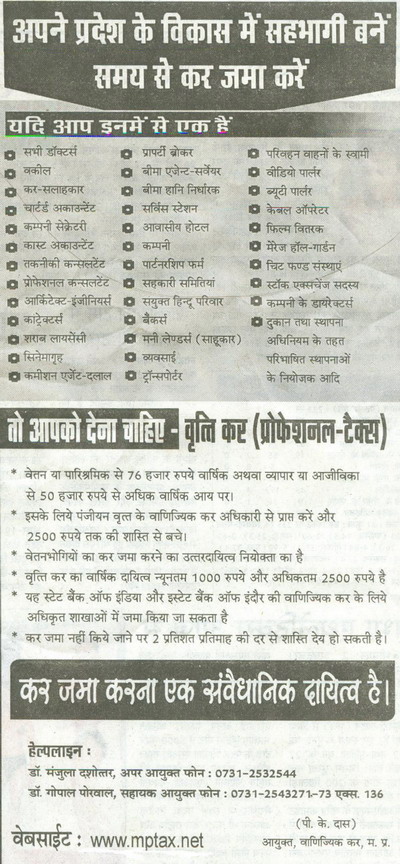|
LEARNING
WITH

Right to
Information Act
What is the Right
to Information Act?
The Right to Information(RTI) ACT,2004 is a comprehensive legislation
that would confer statutory rights on citizen for seeking information
from public authorities.The Act seeks to ensure-(a)maximum exemptions
consistent with constitutional provisions (b)an effective mechanism
for access information and disclosure by authorities(c)an independent
appeal mechanism and (d)penalities for failure to provide information
as per the law.The Act is a major improvement on the freedom of information
Act that was passed by Parliament in December 2002 but never came into
force.The RTI Bill was tabled in Parliament on December 23,2004 and
was passed on May 12,2005.Upon receiving President's assent on June
15,2005 the RTI Act is supposed to come into force within 120 days.So
latest by October 12 this year,the RTI Act should be functional in every
city and village.The act is not applicable to the state of Jammu &
Kashmir and intelligence and security organisations like the IB,RAW,BSF,etc
are out of the cabinet and council of ministers.
What are the
key provisions in the RTI Act,2004?
The preamble of the RTI act states that it sets out to provide a 'practical
regime of right to information for people to secure access to information
.....in order to promote transparency and accountability.Only citizens
can request information from a 'public authority',defined as any body
owned or controlled by the Central government,this definition does not
include private bodies that perform public services.Broadly,the Act
includes a right to copy and inspect records,take certified samples
and inspect public works.Public authorities are also bound to proactively
publish a wide range of information about their oraganisation.A Central
Chief Information Commisioner will be appointed by a committee consisting
of the Prime Minister,leader of the opposition and a union minister
mominated by the PM.Each state will also have its own information commissioner
.Additionally,an officer at each sub-divisional level or other appropriate
sub-district level shall be designated as Public inforamtion officer(PIO).The
PIO shall recieve all requests for information,and pass them on to the
designated authority for transmission to the relevant department or
agency.
What is the procedure
for seeking information under the Act? Information must be requested
in writing,including by e-mail,and the request must be submitted to
the PIO.Applications need to be responded to within 30 days ,except
in cases concerning the life and liberty of the person,Where no response
is received,this will be deemed to be a refusal.Applications must be
rejected in writing with the appropriate reasons.Where applications
are approved,a fee will be deemed to be refusal.Applications must be
rejected in writing with the appropriate reasons.Where applications
are approved,a fee will be imposed for accessing the information.However,if
the application is not dealt with in time,fees will not be collected.If
a person believes she has been wrongly denied information,she can appela
to the officer immediately senior to the PIO in the concerned public
authority.A second appeal can be lodged with the independent information
commisioner.Penalities can be imposed on PIOs at the rate of Rs.250
a day upto Rs 25,000.
What is the current
controversy regarding the Act?
After initially rejecting it,the government has finally accepted the
bureaucrats demand that nothings by officials on goverment files should
not be made public under the RTI Act. The president has also backed
the demand and supporters of this view claim that if not enacted it
will discourage officials from making honest and fair assessments as
file notings are part of the deliberation process.
|



